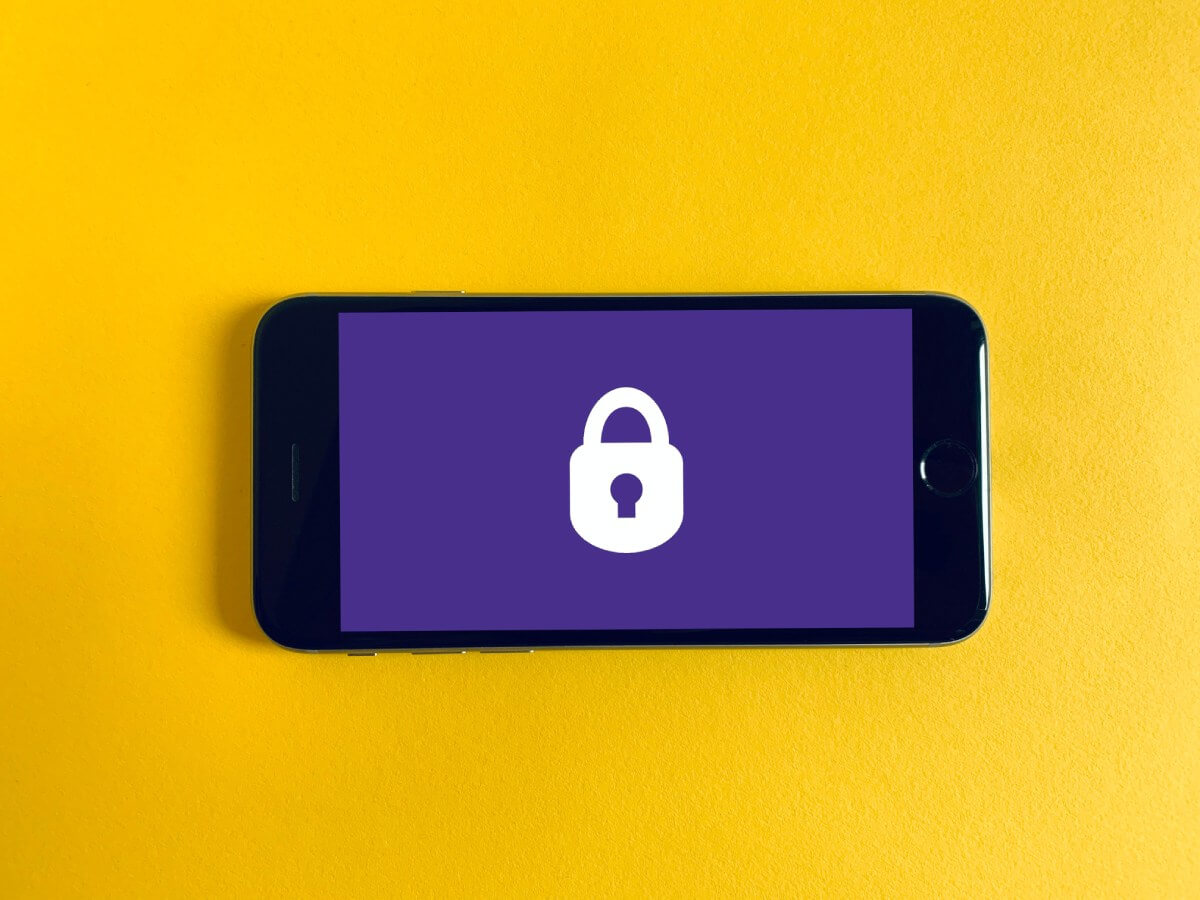- You are here:
- Home
-

Meltwater delivers the future of media, social and consumer intelligence through OpenAI models and advanced algorithms
Meltwater empowers companies with a suite of solutions that spans media, social, consumer and sales intelligence by analyzing ~1 billion pieces of content each day and transforming them into vital insights. Now, the company announces new AI-powered product innovations across multiple solutions that allow customers to surface insights, boost efficiency, and generate content.
-

Majority of APAC consumers are willing to sacrifice data security for convenience
F5's latest Curve of Convenience 2023 report shows data security taking a back seat with APAC consumers, with an increased willingness to save and share personal payment data on multiple platforms.
-

5 Ways Earnest EQ Supercharges Marketing, Advertising, Branding & Comms Strategies
A 2023 Emotional Intelligence Market study citing “heavy growth” of $49.93 billion USD by 2027 exemplifies the extent to which mastering “EQ” versus IQ is taking brands to exciting new levels of success … and why not embracing EQ can result in extreme opportunity loss or, far worse, be an outright brand buster. This as today’s highly discriminating and demanding marketplace is seemingly rife with substitutable solutions. Whether the B2B or B2C sector, more often than not today’s consumers have alternate options—and they know it.
-

Artificial Intelligence key in analyzing trends in fraudster behavior
A new study from Juniper Research forecasts that the greatest merchant losses to fraud will be via remote physical goods purchases, with losses reaching $5.1 billion across emerging markets in 2028, up from $1 billion in 2023.
-

How AI will change the way we work in Asia Pacific
Microsoft introduced Microsoft 365 Copilot earlier this year, which will bring powerful new generative AI capabilities to apps millions of people use every day like Microsoft Word, Excel, PowerPoint, Outlook, Microsoft Teams and more.
-

Strategic merger of three digital technology firms in Asia
Three prominent digital services companies in Asia – Digile Technologies, Reveron Consulting, and Innopia Global – have merged to create a digital services powerhouse with a formidable presence in the Asian region.
-

Enhanced Google Play Protect real-time scanning for installation of sideloaded apps
Google is making Google Play Protect’s security capabilities even more powerful with real-time scanning at the code-level to combat novel malicious apps. Google Play Protect will now recommend a real-time app scan when installing apps that have never been scanned before to help detect emerging threats.
-

SentinelOne enhances cloud security with Snyk
Prioritizing which vulnerabilities to fix is a challenge for software developers, and the complexities of modern apps and the software supply chain have only made things more difficult. SentinelOne, a global leader in AI security, is partnering with Snyk, the leader in developer security, to ease the burden by integrating Singularity Cloud Workload Security, its real-time Cloud Workload Protection Platform (CWPP) with the Snyk Developer Security Platform.
-

Mutual exchange of threat intelligence and security innovations bolsters Singapore’s cyber resilience
Google and the Cyber Security Agency of Singapore (CSA) announced a strategic collaboration to bolster Singapore’s cyber resilience. This partnership covers four key pillars: threat intelligence sharing, joint operations, technical collaboration, and ecosystem development.
-

Appier integrates GenAI into its products to optimize key marketing applications for businesses
Appier announces that it has integrated Generative AI (GenAI) technology into three major marketing capabilities across its product lines. By connecting its advanced GenAI algorithms with OpenAI's ChatGPT language model, Appier can leverage the power of pioneering technology to help businesses increase productivity through advertising keywords and targeting parameters generation; intelligent conversational chatbot creation; and marketing copywriting and automatic content generation.
-

Cisco unveils new solution to rapidly detect advanced cyber threats and automate response
Cisco unveiled the latest progress towards its vision of the Cisco Security Cloud, a unified, AI-driven, cross-domain security platform. Cisco's new XDR solution and the release of advanced features for Duo MFA will help organizations better protect the integrity of their entire IT ecosystem.
-

Comprehensive protection measures a must to prevent data leaks and theft
Remote work, home office or hybrid work, have become the norm in today's business world and that most likely will stay that way. But the more employees work remotely, the greater the company's risk of falling victim to a cyberattack, making a sophisticated and multi-layered security concept the more essential for any company.
-

EdTech Intel: 6 Ways AI is Revolutionizing Online Learning
After years of steadily picking up steam, online learning is experiencing undeniable explosive growth. The market is racing toward $1 trillion, with the corporate e-learning space expected to skyrocket 250% in the coming years. As e-learning continues to expand beyond the walls of academia, another game-changing phenomenon is going mainstream in a big way: artificial intelligence (AI).
-

GSMA report predicts tenfold rise in 5G mobile connections in Asia Pacific by 2030 as digital transformation gathers pace
5G will account for over two-fifths (41%) of mobile connections in the Asia Pacific (APAC) region by 2030, up from 4% in 2022, according to the GSMA's Mobile Economy APAC 2023 Report.


























































